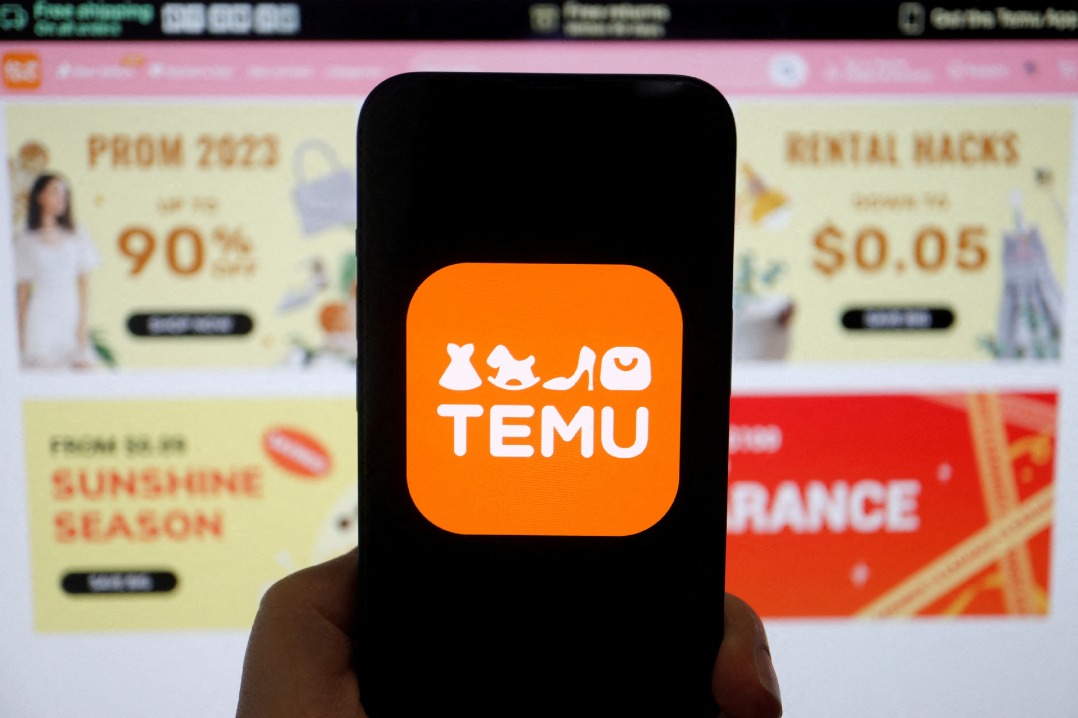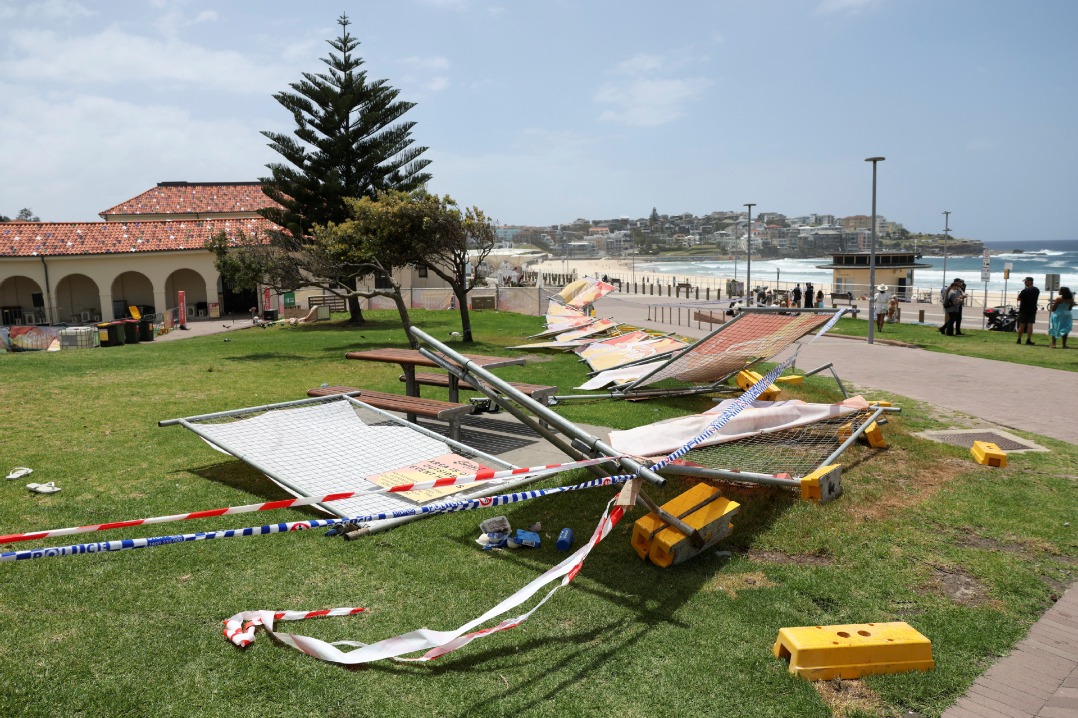Tuning in a whole new world of global information


At Uthiru Primary School in Kenya's Kiambu County, grade six students are glued to a video screen, quietly following an educational program.
The new development that has made learning more real and enjoyable was facilitated by a project to provide satellite television access to 10,000 African villages.
The project, announced by Chinese President Xi Jinping during the opening of the 2015 Forum on China-Africa Cooperation, is a cooperative effort aimed at reducing the digital divide in Africa's rural areas.
StarTimes, a Nairobi-based digital TV provider, is implementing the project, which involves installing two sets of solar power projector systems, one 32-inch digital TV set, satellite dishes and accessories to three public facilities in each village.
It also involves providing 20 sets of satellite TV terminals, including set top boxes, satellite dishes and accessories, to 20 households with functional televisions.
Peter Otieno, a teacher in charge of the ICT department at Uthiru Primary School, said the facilities have greatly benefited social studies and English language instruction.
Through TV programs, Otieno said students' minds have been opened to a world of possibilities.
"During the news programs, pupils can learn the difference between reported and direct speech. We can also project our normal lessons that are integrated on the basis of information and communication technology, or ICT, by using a laptop," Otieno added.
He said the project has also "made learning look real" to pupils, when they see the practical implications of what they have been taught in class.
"For those without TV sets at home, it's a motivation to go to school, because at break time the pupils are allowed to watch programs of their choice," he said.
Two kilometers from the school is Uthiru Vocational Training Center, another beneficiary of the project.
Anthony Mwangi, the institution's deputy principal, said the project has enhanced the overall learning experience. He said the Discovery World channel has been particularly educative by providing a compelling mix of history, culture, real life stories, investigation and mystery shows.
"Through these programs, students have learned a lot about China, enhancing the relationship between our two countries. Discovery Science has shown them how it's possible to build great machines," Mwangi said.
"We are grateful to StarTimes and the government of China. Our students are now able to connect to the world and learn."
Uthiru Health Center, located a few kilometers from the vocational school, has also benefited from the project.
Martin Ochieng, the center's clinical officer, said television in the waiting room helps keep patients calm. The clinic is the only public hospital in the area and averages 150-200 patients per day.
"Initially, patients got bored while waiting and they complained a lot, piling pressure on us. The TV keeps them patient and updated at the same time," said Ochieng.
"Their patience now gives the staff adequate time to address their issues and also stay abreast of what is happening around the globe."
According to Wang Qianxu, vice-president of StarTimes Media (Kenya) Co Ltd, 16,000 individual households and 2,400 public institutions in 800 villages across all 47 Kenyan counties have benefited from the project.
Similar stories are happening in South Africa, Nigeria, Ghana and 19 other African nations, involving a total of 10,112 villages.
To implement the project, a committee of 12 representatives from StarTimes and Kenya's Ministry of ICT was formed. According to Augustus Munywoki, the project manager and a senior economist at ICT ministry, the committee developed criteria for beneficiaries' qualification in order to ensure fair distribution.
A village with a connection to a power source, availability of three public institutions and 20 households with televisions were the major determinants for qualification. The data was then forwarded to StarTimes for the actual project implementation.
StarTimes completed the installation work by the end of 2018, and it was checked and verified by an expert team from the Chinese government. The Kenya side's verification work is still underway.
In Munywoki's opinion, the cooperative project is a win-win. The beneficiaries get free access to satellite TV programs, through which they can access news and information that can enhance their social and economic development.
"The goodwill project has helped the two countries' mutual understanding, which in the future will benefit cooperation with other countries. China is a very good friend of Africa," Munywoki said.
To ensure the beneficiaries' satisfaction, StartTimes has set up 20 service offices across Kenya with 74 staff.
In every remote village that the project covers, two technicians provide basic maintenance services.





























